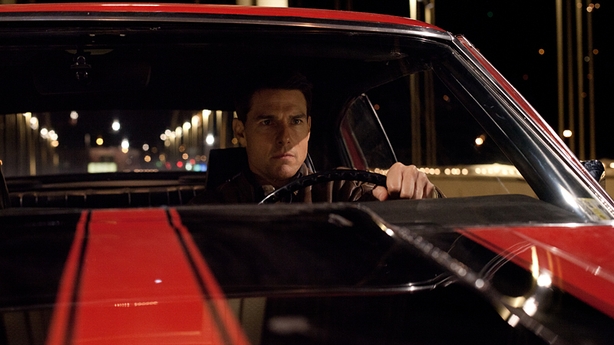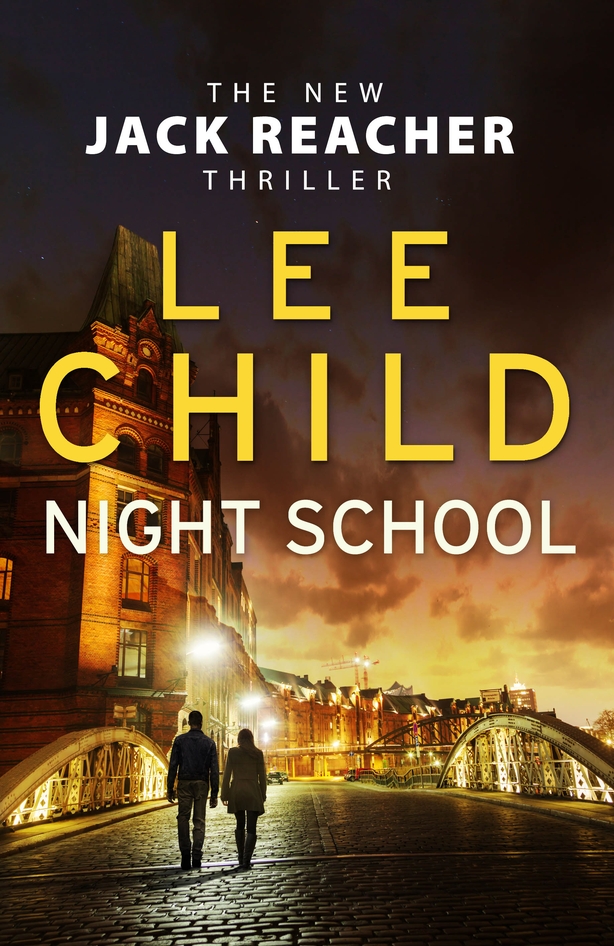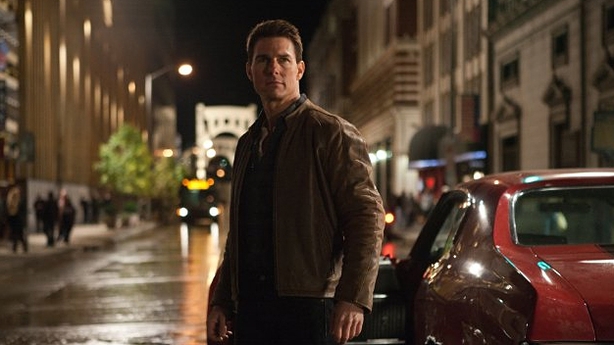Author Lee Child says he knew he had made it when fans began to regard Jack Reacher as their property and launched an online backlash over the casting of diminutive Tom Cruise as the oversized action hero in the movie adaptations.
Child has sold over 70 million copies of the twenty books to date, which typically explore webs of sinister criminality which are confronted by Reacher, the fearless but decidedly eccentric former army-man.
“I think I had to regard it as an achievement, when it moved out of pure books and people talked about Jack Reacher as a thing, somehow he entered the popular culture,” says Lee Child of his hugely successful blockbuster novels.

“I suppose the real sense of massive achievement was when people were upset about who played him in the movies,” he says. “Which is in one way a problem, because you don’t want anybody to be upset, but on the other, it was fantastic.
"If somebody said to me at the beginning, that if I invented a character where people get upset about who plays him in the movie, I would have said, you know what, `I’ll take that deal.’ ”
He's now released the twenty-first book in the series, entitled Night School. Set in Pakistan, Hamburg and the USA, it deals with the lead-up to 9/11.
Sales have already been boosted by the second Jack Reacher film adaptation, Never Go Back, which was oddly based on the eighteenth book in the popular series.

Born in Coventry, the 62 year old author attended King Edward’s School in Birmingham, which school had also been attended decades before by the novelist JRR Tolkien. “They ignored him when I was there, he was never mentioned, because The Hobbit and Lord of the Rings hadn’t yet achieved the popularity which they would."
The son of two Civil Servants says he was `a fish out of water' at that particularly academic school. "I was much more of a practical person. Birmingham was a trade city where people made things - if they’d given me a problem to solve or something to make, or improve this, or fix that, I could have done it. But the idea of studying Latin and Greek for the fun of it – I could do it, but I felt, well, why I am doing it, this is not my thing.”
Despite his huge success he admits that writing is hard graft. “Yes, you got to type out all the words and there are a lot of words", he jokes.

As a boy, he read Enid Blyton, the William, Jennings and Biggles books, before moving on as a teenager to Alastair MacClean and Ian Fleming. Then he read the great American mystery writers, Dashiel Hammett and Raymond Chandler.
“I’m not one of these writers who claims they were reading Dostoyevsky when I was six.” Has he read the mighty Russian? ``I’ve read one, Crime and Punishment and thought it was pretty good.”
Lee sounds like a man who did not court fame of any kind and might almost be suspicious of it, even if it has brought him obvious comfort. Moreover, he is a modest man who claims no literary genius, saying that he is unlikely to be read 100 years from now.
“For me it’s happened day by day, you don’t notice any huge giant leap, it’s in a close-up,” he says of his reputation as one of the world's most popular writers of fiction.


